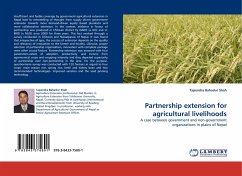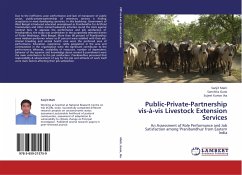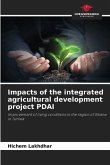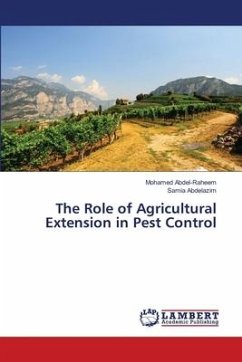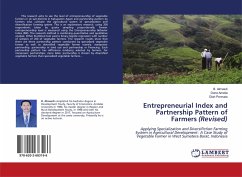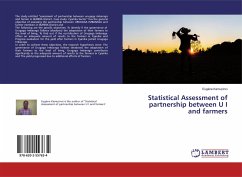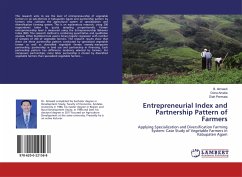Insufficient and feeble coverage by government agricultural extension in Nepal lead to remodelling of thought from supply driven government extension towards more demand-driven equity based pluralistic and more collaborative extension. In the context, evidence in favour of partnership was produced in Chitwan district by DADO (a GO) and LI-BIRD (a NGO) since 2000 for three years. This fact evolved through a survey conducted in Chitwan and Nawalparasi of Nepal. It was found that,irrespective of type, the success of extension depends on the quality and relevancy of innovation to the farmer and locality. Likewise, proper selection of partnership organization, innovation with complete package were other crucial factors. Partnership extension was assessed with four parameters-extent of adoption, productivity, and income from agronomical crops and cropping intensity and they depicted superiority of partnership over non-partnership in the area. For the purpose, questionnaire survey was conducted with 120 farmers in regard to four crops- main season rice, spring rice, lentil and kidney bean and two recommended technologies- improved varieties and the seed priming technology.

